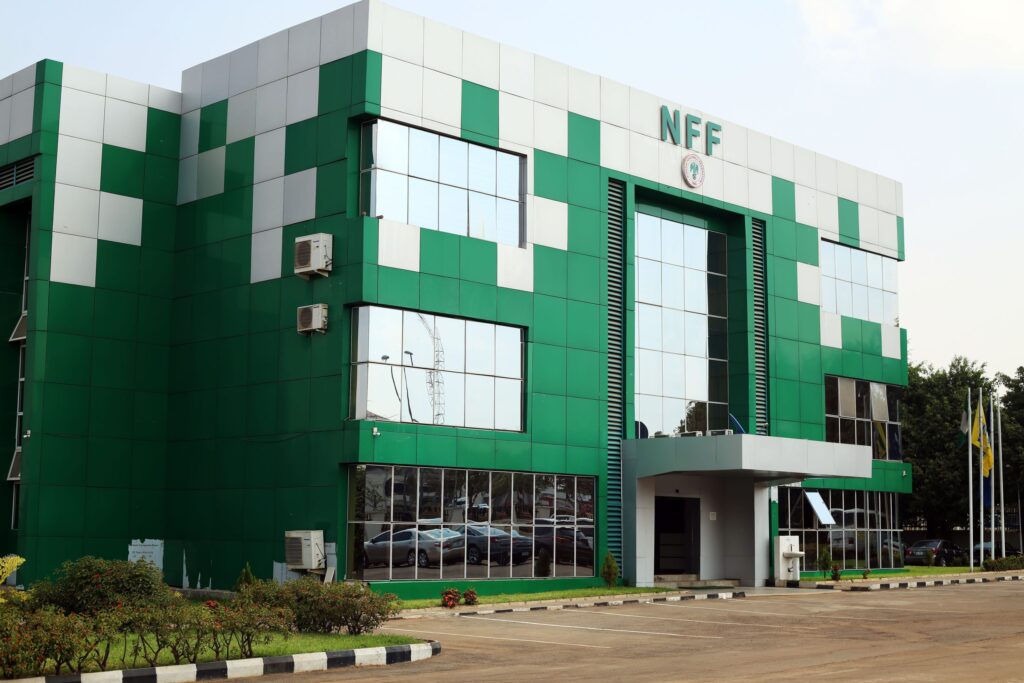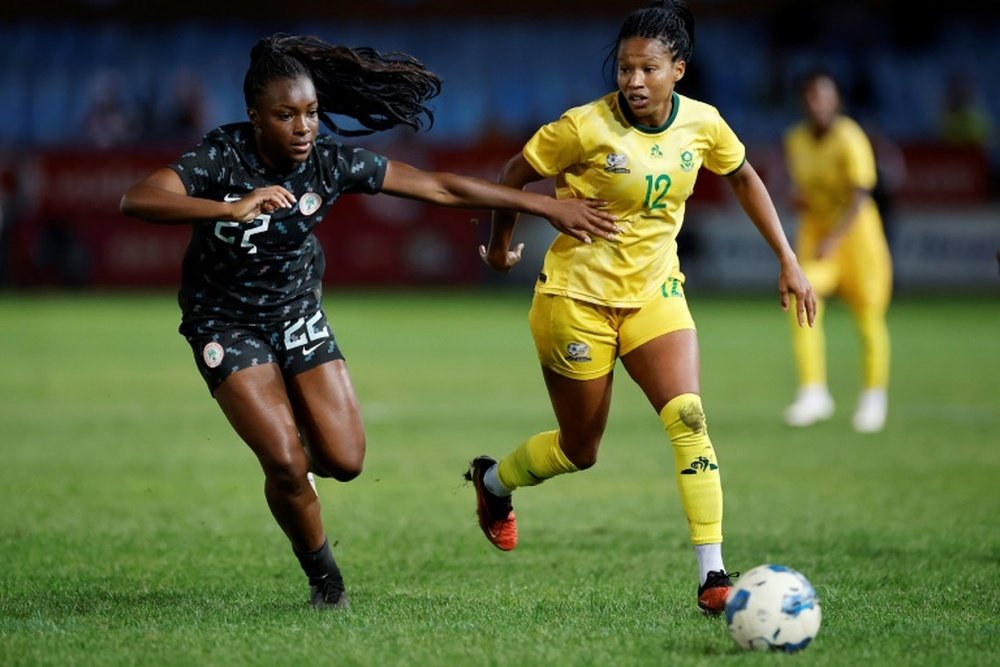Nigeria’s female national football team, the Super Falcons, has been on a tear at the 2024 Women’s Africa Cup of Nations.
On Friday, July 18, the team dismantled Zambia with a 5-0 victory in the quarterfinals, securing a place in the semi-finals against South Africa.
With a record nine titles, the Super Falcons are chasing a 10th cup in Morocco.
But despite their dominance on the field, the team has been facing controversies off the field due to issues with the Nigerian Football Federation (NFF).
Unpaid Bonuses and Neglect
The Super Falcons have long battled the NFF over unpaid bonuses, inadequate preparation, and administrative neglect.
In 2023, there were reports that NFF still owed players allowances from 2021.
The NFF said there were issues with payment obligations, but denied that the period was from 2021.
During the tournament, players reportedly trained in makeshift white singlets and matchday jerseys due to the NFF’s failure to provide proper training gear, with some kits stuck in Moroccan customs.
It’s been alleged that players had to resort to using water bottle plastics as shin guards during a match.
Familiar Issues with NFF
The Super Falcons have a history of protest, staging sit-ins and boycotts over unpaid bonuses at the 2004, 2016, 2019, and 2022 tournaments.
In 2019, after their Women’s World Cup elimination, players refused to leave their hotel in France until payments were settled.
In 2022, a training boycott preceded their third-place match against Zambia, contributing to their worst-ever WAFCON finish (fourth).
Former coach Randy Waldrum revealed that players boycotted recovery sessions in 2022 due to unpaid allowances, a decision that hampered their preparation.
“They sat in the hotel room for two or three days because they hadn’t been paid,” Waldrum told ESPN last month.
In 2023, striker Ifeoma Onumonu publicly criticized the NFF for providing enough resources and support at the Women’s World Cup
On July 13, sports journalist Osasu Obayiuwana confronted NFF President Ibrahim Musa Gusau about unpaid bonuses, to which Gusau responded that “discussions were ongoing” with the federal government.

The Super Falcons’ struggles reflect a deeper gender disparity in Nigerian football.
Despite their consistent outperformance of the men’s team, the Super Eagles, the women receive a fraction of the funding and attention.
Former Nigeria forward Desire Oparanozie says that the NFF needs to do better.
“I think the governing body haven’t really done enough to actually make sure that the other African teams don’t catch up with the Nigerian team,” the 31-year-old told the BBC.
Will a Win in the Finals Put More Pressure on NFF?
The Super Falcons have been dominant in their WAFCON tournament runs with 45 wins, six draws, and only seven losses.
This year, the NFF launched Mission X, a plan to inspire the players to bring the trophy back home, as well as fire up the fans to get behind the team.
The team will play South Africa on Tuesday, 22nd July, for the chance to play in the finals.

If the Eagles keep winning and claim their 10th title, it could put more pressure on the NFF to address longstanding grievances with the team.
At the moment, the Nigerian players are focused on winning their next two games to secure their tournament win.
“There are so many countries here competing for the same trophy and for them to tag that Mission X means they believe in us,” said Goalkeeper Chiamaka Nnadozie.
“Of course every team wants to stop Nigeria, but we do everything in our power to always be who we are.”





